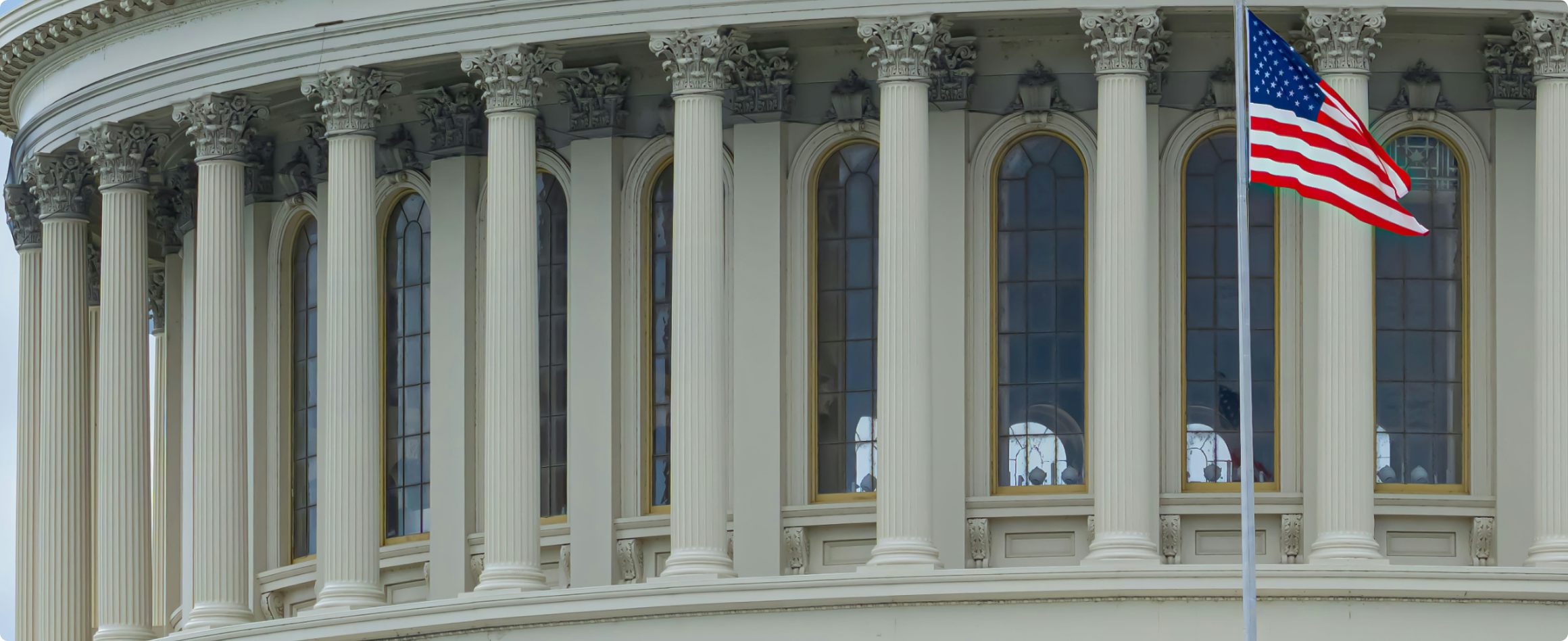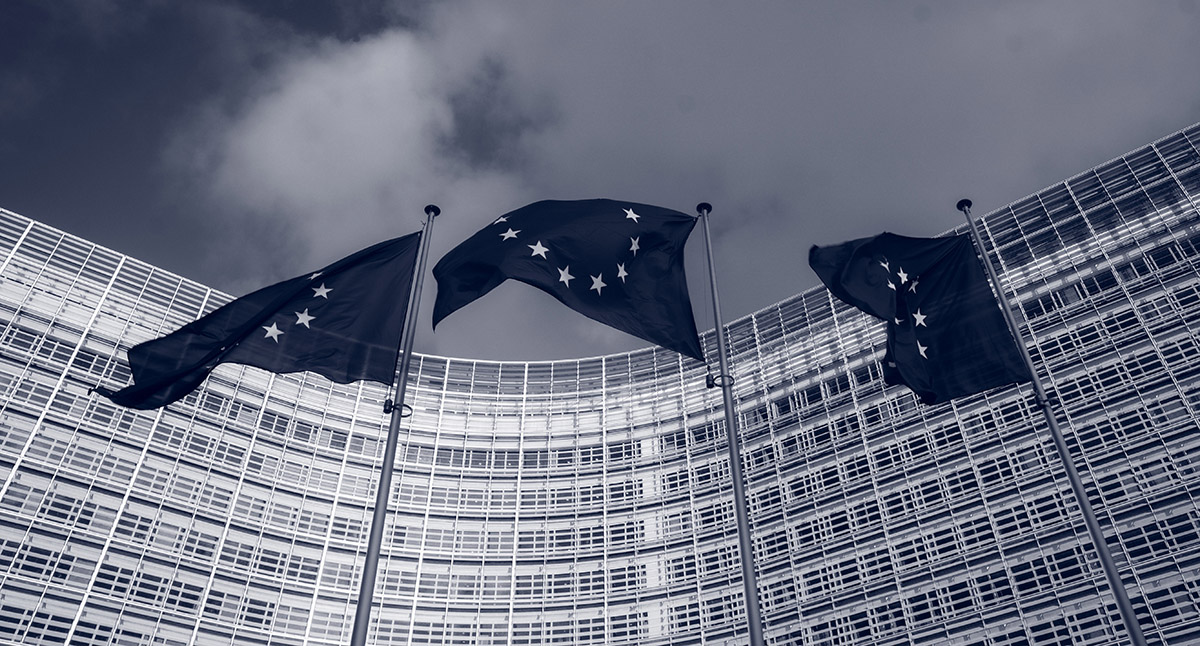The Return of the Prodigal Trillion
By Andrei Piontkovsky October 24, 2017

By Andrei Piontkovsky October 24, 2017

Gorgeous fall colors in Washington, DC. The perfect season for tourists. Including businesspeople. This fall, a new and growing class of tourists is roaming the DC streets: Russian billionaires.
All of these Russian billionaires can easily recite the now-famous Section 241 of “An Act to Counter aggression by the Governments of Iran, the Russian Federation, and North Korea.” In unison, these tourists confide that they certainly opposed Russia’s annexation of Crimea from the very start. And then they ever so delicately inquire, um, to whom (and where) they can offer a very substantial reward to make sure their names stay out of the US Treasury’s report to the Congress on assets of “senior political figures, oligarchs and parastatal entities in the Russian Federation, as determined by their closeness to the Russian regime.”
The Act adopted by the US Congress almost unanimously and signed by President Trump, kicking and screaming, on August 2, 2017, is a machine already operating, and it is now unstoppable. It is set to freeze around $1 Trillion ($1,000,000,000,000 per National Bureau of Economic Research valuation) of criminal “Russian assets.” The report is due on February 2, 2018. Under the Congress’ watchful eye, the US Treasury is hard at work putting it together, including compiling a comprehensive list of the owners and beneficiaries of these Trillion Russian Dollars in America, as well as “identifying indices of corruption with respect to those individuals.” Trying to halt or somehow interfere with this process in today’s US political climate would be suicide for any American politician, including Trump.
Political Washington is a city of leaks, and unofficial lists of corrupt individuals are no secret. The August 2, 2017 Act essentially criminalizes the entire Russian leadership that uses the United States to hoard the treasures it looted in Russia. The list truly reads like a “Who is Who” of Russian Kleptocracy, and includes Russia’s top officials (after all, how can you steal a whole Trillion without the assistance and involvement of top brass)?
A conscientious American police officer who confiscates a stolen wallet from a criminal certainly has to return the wallet to its rightful owner. In our case, the rightful owners are the Russian state and the Russian people. But what do you do if the criminal (the Russian leadership) is the rightful owner’s plenipotentiary representative? It is a legal conundrum to be sure, but I see a way out.
Step one: The US Congress publishes the detailed report it receives from the US Treasury regarding the Russian Trillion’s owners and beneficiaries – this way the report will become accessible to the Russian public and the world.
Step two: The US government announces that it’s ready to transmit, without delay, all the frozen assets to the Russian Federation on just one basic precautionary condition: The RF must adopt a law committing itself to full lifetime lustration of all the officials who embezzled these funds.
Many readers will certainly recall that, initially, the EU and US sanctions were introduced in order to stop Russia’s aggression in Ukraine. These readers will thus insist that returning the Prodigal Trillion to Russia should be postponed until Ukraine’s territorial integrity is restored. But for now, it wouldn’t be a bad idea to send some of these funds to the victim of this aggression as pecuniary and non-pecuniary damages.
These arguments make sense, but such an approach seems wrong to me, both politically and psychologically.
Embezzling from Russia and Aggression against Ukraine are two distinctly different crimes, although they were committed by essentially the same individuals (through no coincidence, but through a distinct pattern of behavior).
Here is what yours truly said about this on the fatal day of March 1st, 2014:
The criminal venture of the Kremlin Kleptocrats who see the February 2014 crime-fighting revolution in Ukraine as a threat to their lifetime power, can be stopped if EU countries, Switzerland, Liechtenstein and the US adopt a very simple measure: Heeding their own laws, these nations’ governments can identify and freeze Russian Federation’s highest officials and their business partners’ assets held at Western financial institutions.
Those guilty of unleashing the war on Ukraine will be publicly exposed as criminals who launder the colossal funds obtained through robbing the Russian people and other ethnicities residing in the RF.
To many, including those living in Russia, this measure will reveal the true motives of the Kremlin’s adamant refusal to accept the Ukrainian revolution that overthrew the power of the Kremlin Kleptocracy’s clone – the Yanukovich crew.
“We can’t foresee how our word will echo through the ages…” My word finally did echo three and a half years later in the clear language of Section 241. I will, therefore, allow myself to make a couple more modest recommendations.
The stolen goods must be returned to the owner with no preliminary political conditions. Just one technical condition has to be set in stone: making sure the money doesn’t go back to the gangsters who stole it.
New Russian leadership, now free from the white-collar criminals who turned out to be war criminals as well, will be able to (on its own, without outside financial or political pressure) resolve the existential issue of Russia’s relationship with Ukraine, including serious brotherly financial support for Ukraine in overcoming the consequences of Putin’s aggression. Especially now that funds will be available for this noble mission. And a great many people (including most of those living in Crimea) will recall with absolute sincerity that they were definitely against the annexation of Crimea from the get-go.
US-Russian relations will radically change as well. Russian citizens will certainly appreciate the US justice’s decisive role in returning to Russia the immense assets stolen from Russia – the assets that were the product of several generations’ labor, deprivations, suffering, and heroism.
By Ilya Zaslavskiy
September 09, 2017
 Article
Article
By Valeria Jegisman
September 17, 2021
 Article
Article
By Anton Shekhovtsov
October 22, 2017

By Ilya Zaslavskiy
September 09, 2017
 Article
Article
By Valeria Jegisman
September 17, 2021
 Article
Article
By Anton Shekhovtsov
October 22, 2017
